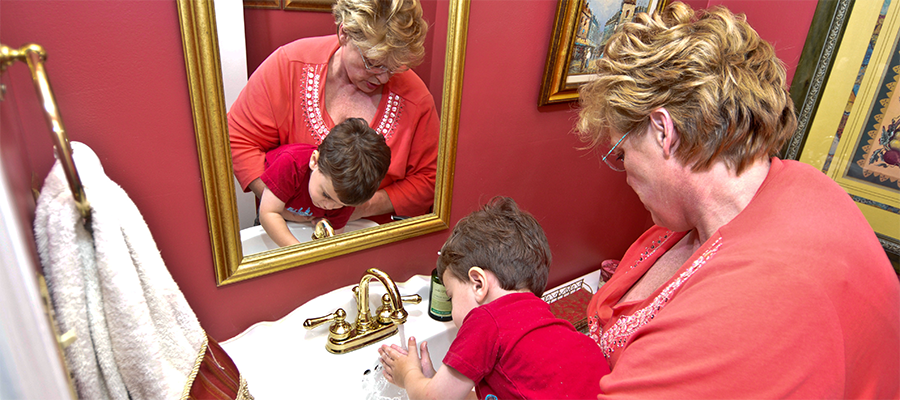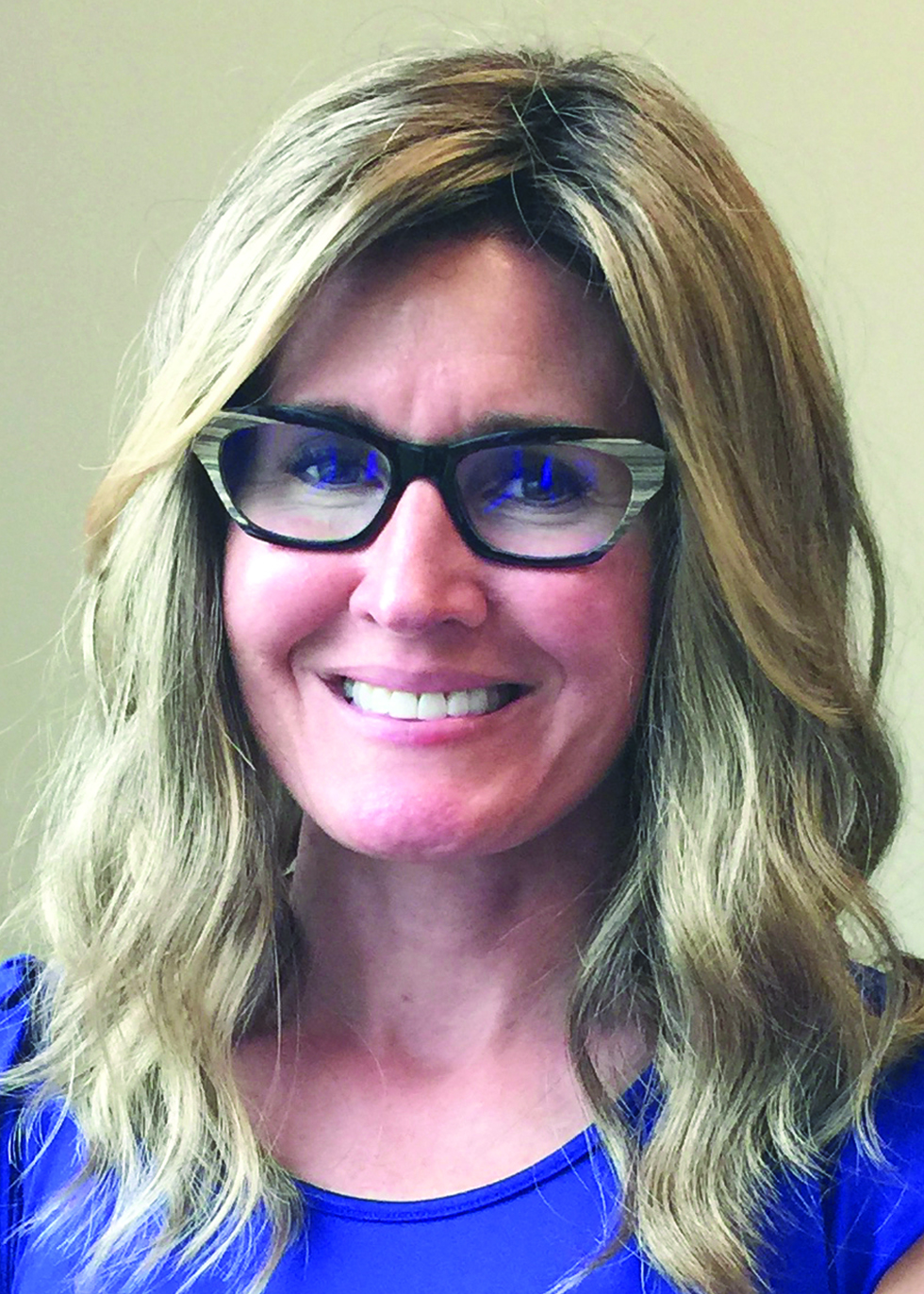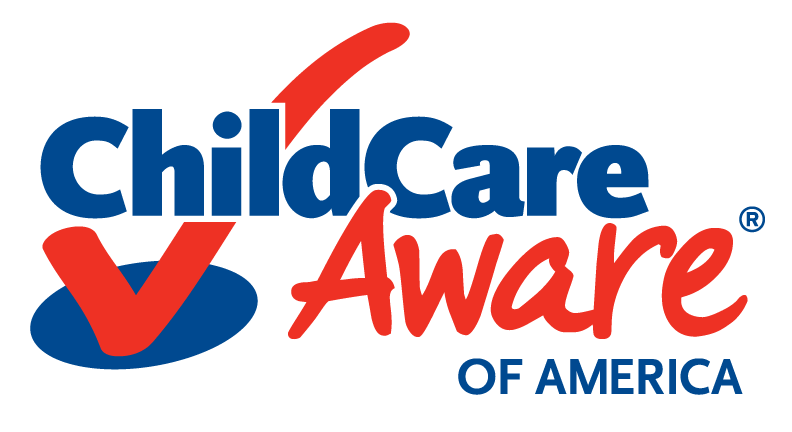

In this new world of COVID-19, everyone is trying to kill germs and avoid sickness. However, our fears should not distract us from the mindful use of cleaning chemicals, including hand sanitizer. Even chemicals that are meant to keep us healthy can cause poisoning or even death when used improperly, especially around children.
Why are children at high risk?
Children are curious. Their natural tendency to put things in their mouth, lick surfaces and crawl on the floor raise their potential exposure to chemicals and toxins. Young children are also in a stage of rapid growth and development. They breathe faster and have a faster metabolic rate, making exposure to chemicals and toxins even more dangerous and consequential.
What safe practices I should follow?
- Read and follow the directions on the label before purchasing or using any chemical. Note its intended use and the surfaces and items on which the product can be used. Is it safe to use on food contact surfaces or mouthed toys? If not or if you don’t know, it is very important to thoroughly rinse the item or surface with water to remove any chemical residue.
- Try to avoid aerosols, because they contain propellants that can affect breathing. Pump or trigger sprays are a better option.
- Do not spray chemicals around children. If possible, move children to another area or have someone distract them away from the area where a chemical is being used.
- Make sure all surfaces and items are completely dry before children use them.
- Keep all chemicals out of the reach of children.
- Always keep chemicals in their original containers. If this is not possible, label the alternate container to prevent errors. Keep the original bottle or take a picture of the label with your phone in case you need to reference ingredients or use guidelines.
- Do not mix chemicals. Doing so can produce a toxic gas.
- Keep the phone number for Poison Control, 800-222-1222, posted and programmed into your phone.
What do I need to know about hand sanitizer?
- Keep hand sanitizer out of the reach of children. Due to its high alcohol content, ingesting hand sanitizer can be toxic for a child.
- Handwashing with soap and water is always recommended over the use of hand sanitizer.
- If hand sanitizer is used, closely supervise children to make sure they rub their hands until completely dry, so they do not get sanitizer in their eyes or mouth.
- While hand sanitizer is not prohibited for children under 2 years of age, handwashing is the preferred and safer method. Consider using a baby wipe to clean hands if a sink is not available, rather than using hand sanitizer.
Why is this more important than ever?
In response to COVID-19 recommendations, people are using chemicals to disinfect and sanitize surfaces and items more often throughout the day. To make this easier, chemicals are being placed where they are easily accessible for adults but not always safely out of reach of children. In addition, this heightened need to disinfect and sanitize is making people stressed and distracted from following their typical routines and safe practices.
Unfortunately, this increased use of chemicals, and distractions from safe practices has also increased the number of calls to Poison Centers reporting that a child has ingested hand sanitizer or been over-exposed to chemicals. Now more than ever, we need to protect children from chemicals, as well as germs.
 Sarah Myers is a registered nurse who works as a Health Consultant for Child Care Aware of North Dakota. She provides health and safety training to child care programs across her state through in-person program visits, training events and virtual video presentations.
Sarah Myers is a registered nurse who works as a Health Consultant for Child Care Aware of North Dakota. She provides health and safety training to child care programs across her state through in-person program visits, training events and virtual video presentations.


